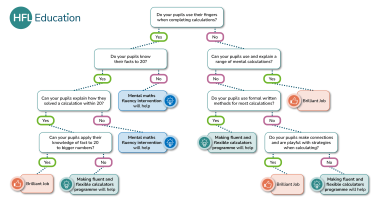
Children need to know more than the base facts in isolation. To secure success in calculation, children need to be able to use their base facts to help them solve more complex calculations. Gaps can become even more evident as children progress through the primary curriculum and beyond. The lack of being able to solve calculations efficiently, flexibly, and accurately means that children have less cognitive space and energy to think about problem-solving and may frequently lose track of their thinking.
Do you see pupils still using their fingers to solve simple calculations?
Do they need help to use known facts to help them solve more complex calculations?
Do they overuse formal written methods?
Are you interested in helping pupils better understand how and when to use mental calculation?
If you have answered yes to any of these questions, our primary maths experts have the solution.
We have two innovative programmes that will help ensure pupils know their base facts, have a range of mental calculation strategies, and can use and apply their knowledge to a wider fluency range. Both programmes have a proven impact on outcomes for pupils in KS2 and KS3.
Follow the flow chart to see which one programme would be best for your pupils.

Find out more
Please register your interest or please email the team on primarymaths@hfleducation.org
Read the blogs:
Making fluent and flexible calculators: why counting is not enough
Building maths fluency in base facts
Going forward we will include the teaching of these strategies for our lower groups as a definite.
Ormiston Venture Academy, Great Yarmouth
I believe the 1:1 tutoring and the practice sheet and scaffolding has boosted the Year 10 student’s confidence.
Thomas Alleyne Academy, Stevenage

